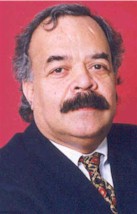
A closer look at the Total Online Distribution Channel Strategy. 9/11 created a major shift in how consumers book travel. The crisis created a dramatic drop in demand, which forced travel suppliers to introduce unprecedented discounts. Airlines, hotels and all other travel suppliers struggled to sell seats, rooms, car rentals to a significantly shrunk leisure and business travel market. The Internet allowed for smart and proactive suppliers to connect with their customers, move inventory and stay ahead of the competition. There has never been a better time to embrace the Internet and online distribution in particular. But you have to know that the Web can be either your best ally or your worst enemy. READ MORE












